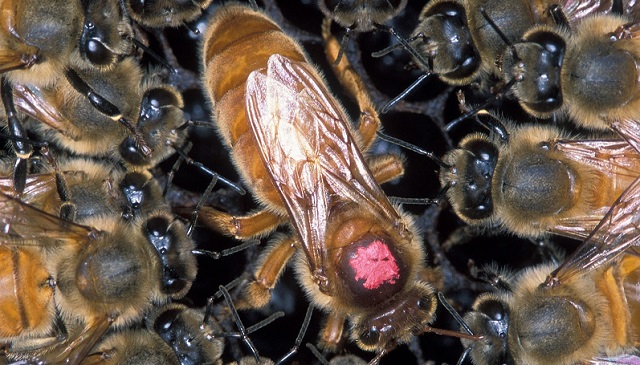
Kampala, Uganda | THE INDEPENDENT | Queen Bee syndrome refers to a woman in a position of authority who treats subordinates more critically if they are female and refuse to help other women climb the corporate ladder. But Brazilian researchers at Sao Paulo Business School have concluded it is a myth, after assessing data from eight million workers across the country.
They found women in powerful roles, such as chief executives, prefer women to work directly beneath them. Queen Bee syndrome is believed to have been given its name because there is only one female bee in charge of a colony. Queen Bee syndrome was first defined by G.L. Staines, T.E. Jayaratne, and C. Tavris in 1973.
It describes a woman in a position of authority who views or treats colleagues and subordinates more critically if they are female, according to psychologist Dr Audrey Nelson. It encompasses behaviours ranging from women disparaging typically feminine traits to being unsupportive of moves to address gender inequality. In one, scientists from the University of Toronto claimed that queen bee syndrome may be the reason that women find it more stressful to work for women managers. Observers have noted how Margaret Thatcher, Britain’s first political leader – nicknamed the Iron Lady – rarely promoted women to her cabinet during her 11-year reign.
The findings were published in the specialist journal `The Leadership Quarterly’. The results contradict other studies which have found the opposite about Queen Bee syndrome, including one in March. Arizona University researchers confirmed women are meaner to each other than they are to their male colleagues.
 The Independent Uganda: You get the Truth we Pay the Price
The Independent Uganda: You get the Truth we Pay the Price





